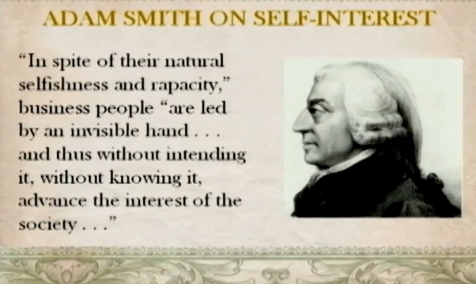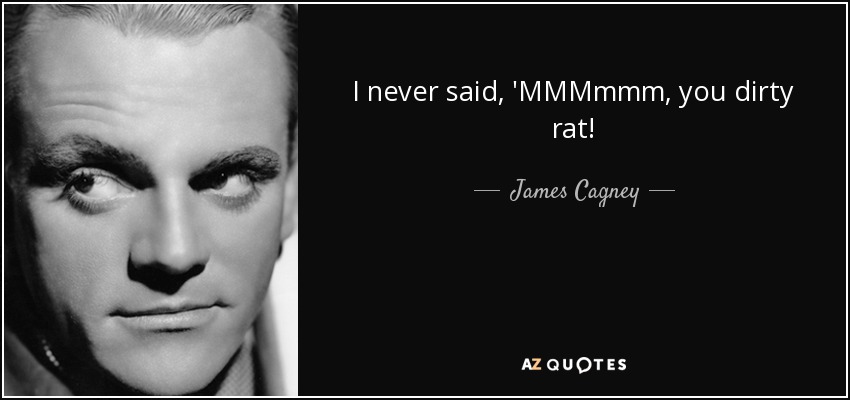Adam smith quote he is led by an invisible hand to promote an end
Table of Contents
Table of Contents
Adam Smith’s quote about the invisible hand is a widely recognized concept that describes the self-regulating behavior of the market economy. The idea that individual self-interest is translated into economic well-being for society as a whole has been a cornerstone of free-market capitalism for centuries, but what does it really mean? In this blog post, we’ll explore the meaning behind Adam Smith’s invisible hand quote and its relevance to modern economics.
The Pain Points of Adam Smith Invisible Hand Quote
The invisible hand concept has been criticized by some economists for oversimplifying the complexities of the market system and ignoring externalities, such as pollution or income inequality. Moreover, its focus on individual self-interest as a driver of economic growth has been accused of promoting greed and eroding social responsibility.
The Target of Adam Smith Invisible Hand Quote
The target of Adam Smith’s quote is to explain that individuals pursuing their own interests end up benefiting society at large by creating a self-regulated market system. The invisible hand of the market ensures that resources are allocated efficiently, prices reflect supply and demand, and economic growth is maximized. In other words, individual self-interest leads to collective welfare.
Main Points about Adam Smith Invisible Hand Quote
Adam Smith’s invisible hand quote is a powerful metaphor that captures a fundamental feature of market economics. It reflects a belief in the power of decentralized decision-making and competition to create wealth and prosperity. However, it is not a panacea and needs to be balanced with ethical considerations and government interventions to address market failures. The quote remains relevant today as a guiding principle for capitalist economies, while also evoking debates about its limitations and implications.
Adam Smith Invisible Hand Quote and Its Target
Adam Smith’s invisible hand quote refers to the idea that, in a free market, individuals pursuing their own self-interest will inadvertently contribute to the common good of society. The invisible hand guides the market by directing resources towards their most profitable uses, optimizing economic outcomes without requiring centralized planning. This means that even though no one is intentionally trying to make society better, the collective outcome still benefits society as a whole.
My personal experience with the invisible hand quote came when I was working in a competitive industry. Each player in the market was trying to maximize their profit, but in doing so, we inadvertently collaborated to create better products and services for customers. Customer satisfaction is what drove our profit, so by pursuing our self-interest, we indirectly contributed to the welfare of society. The invisible hand worked its magic organically, without requiring any top-down intervention.
 The Implications of Adam Smith Invisible Hand Quote
The Implications of Adam Smith Invisible Hand Quote
While the invisible hand quote has had a significant impact on economics, it has also drawn criticisms and implications. One of the most notable critiques is that the market system is not always self-regulating. Externalities such as pollution, income inequality, and monopoly power can cause market failures. This has led to calls for government intervention to address these problems. Additionally, the focus on individual self-interest in the invisible hand quote has been seen by some as promoting greed and neglecting social responsibility.
The Invisible Hand in Practice
In practice, implementing the invisible hand concept requires a balance between market freedom and government regulation. While markets are effective at allocating resources, they can also be volatile and prone to crises. Furthermore, they can exacerbate inequality and fail to provide public goods. It is therefore necessary to have policies such as antitrust laws, social safety nets, and environmental regulations to ensure that the market system works for everyone.
 Question and Answer Section
Question and Answer Section
Q: Is the invisible hand quote still relevant today?
A: Yes, the invisible hand concept is still relevant. It is a guiding principle for free-market capitalism and has influenced economic theory and policy-making for centuries.
Q: What are the criticisms of the invisible hand quote?
A: Critics argue that the market system is not always self-regulating, and externalities such as pollution, inequality, and monopoly power can cause market failures. Additionally, the focus on individual self-interest can promote greed and neglect social responsibility.
Q: How can the invisible hand be applied in practice?
A: In practice, the invisible hand requires a balance between market freedom and government regulation to ensure that the market system works for everyone. This includes policies such as antitrust laws, social safety nets, and environmental regulations.
Q: How has the invisible hand quote impacted economics?
A: The invisible hand quote has had a significant impact on economics, shaping economic theory and policy-making for centuries. It reflects a belief in the power of decentralized decision-making and competition to create wealth and prosperity.
Conclusion of Adam Smith Invisible Hand Quote
Adam Smith’s invisible hand quote is a powerful metaphor that captures the essence of free-market economics. It reflects a belief in the power of decentralized decision-making and competition to create wealth and prosperity. However, it is not a panacea and must be balanced with ethical considerations and government interventions to address market failures. The quote remains relevant today as a guiding principle for capitalist economies, while also evoking debates about its limitations and implications.
Gallery
Adam Smith Quote: “He Is Led By An Invisible Hand To Promote An End

Photo Credit by: bing.com /
Adam Smith Quote: “He Is Led By An Invisible Hand To Promote An End

Photo Credit by: bing.com / paulo coelho adam smith promote invisible led end hand he borowitz andy painfully could used people redeem quote present which
Adam Smith Quote: “He Is Led By An Invisible Hand To Promote An End

Photo Credit by: bing.com /
Adam Smith Quote: “He Is Led By An Invisible Hand To Promote An End

Photo Credit by: bing.com / invisible hand smith adam led quote promote end intention he which his part wallpapers quotefancy
Adam Smith Invisible Hand Quotes. QuotesGram

Photo Credit by: bing.com / adam smith invisible hand quotes capitalism interest greed robot mr usa show good spite their quotesgram voluntary welfare evils charity






